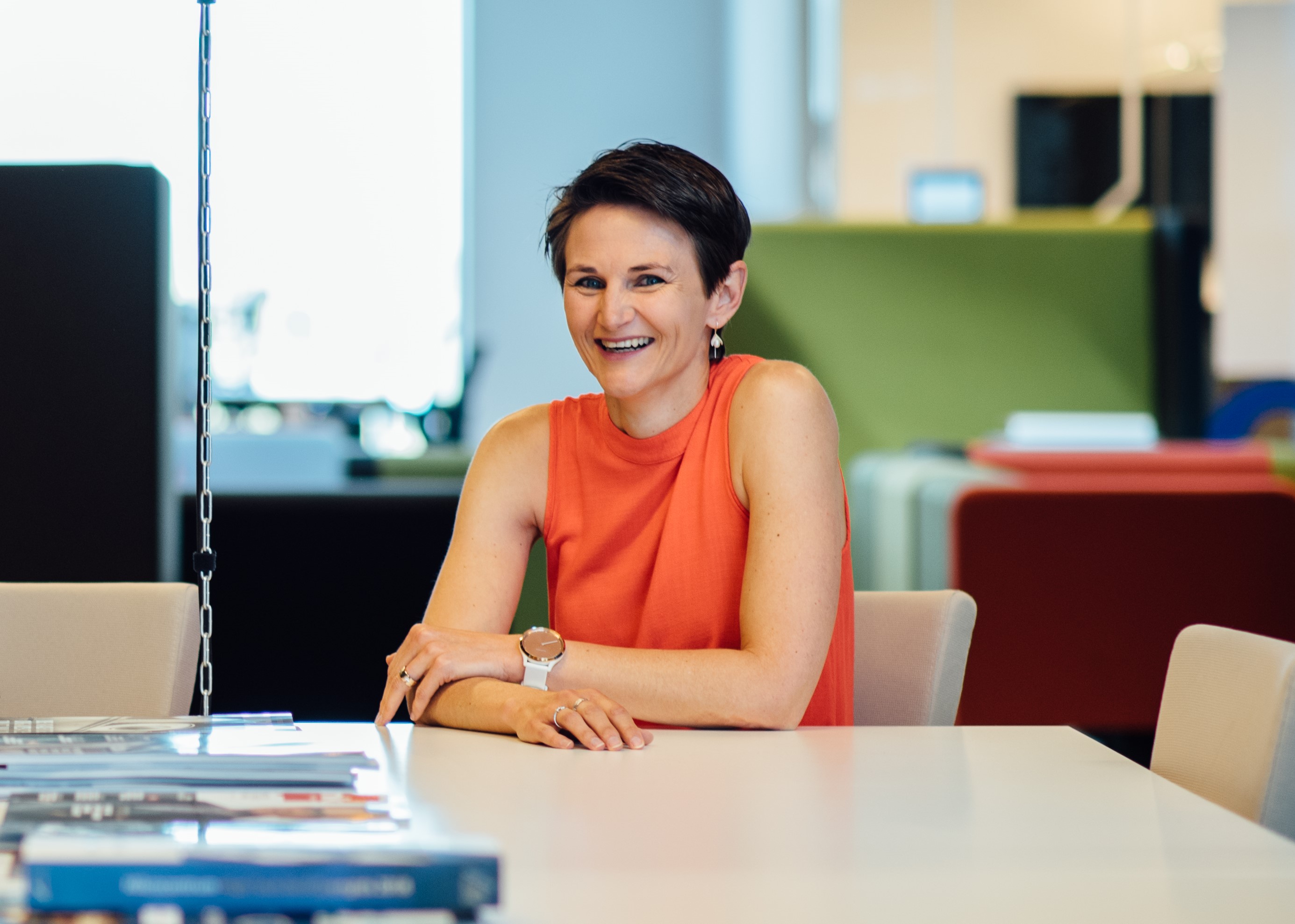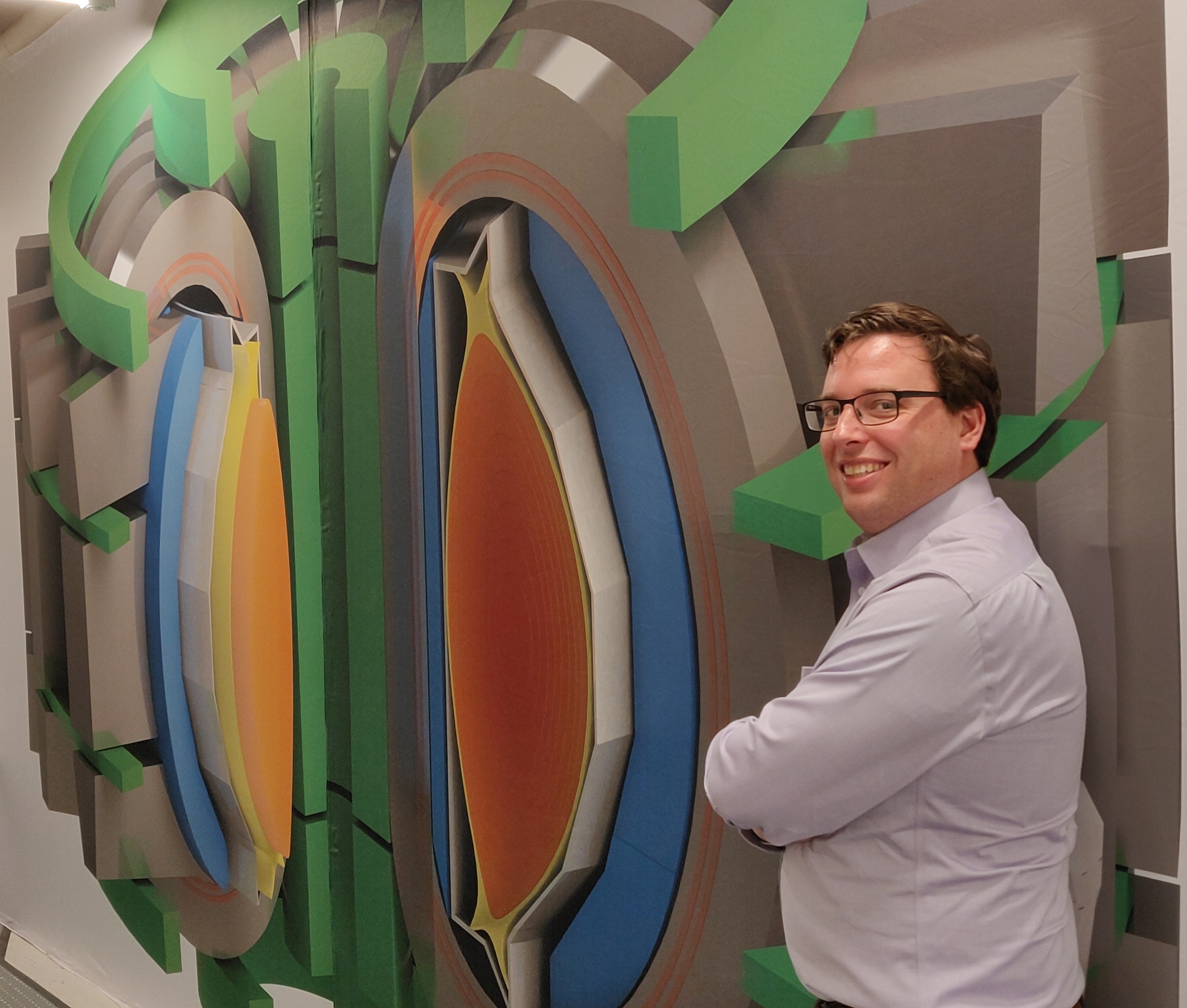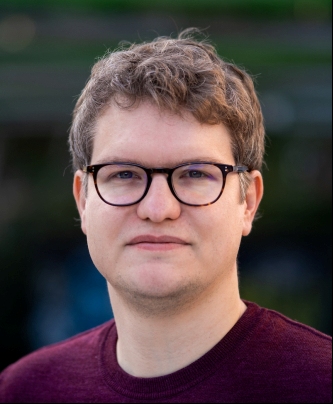In the development of new technologies, many researchers and companies run into heat transfer and heat dissipation problems. During this ILO-net Symposium, four speakers will outline the challenges the industry faces in solving these thermal problems. Also the collaboration with the scientific community to arrive at solutions is highlighted.
Speakers
 Annamarie Stanton, Hardware Architect at Topic Embedded Systems
Annamarie Stanton, Hardware Architect at Topic Embedded Systems
Thermal Aspects in Electronic Hardware Design
A growing trend in demanding electronics design is a large emphasis on performance - high-speed, high processing load and ever smaller form factor. With these demands, the design for efficient thermal distribution and dissipation is crucial and needs to be prioritized. The presentation focusses on a real-world case study on the realised solution for achieving both the required processing and thermal performance in demanding environmental conditions.
 Marc van de Wal, ASML Research Mechatronics & Control
Marc van de Wal, ASML Research Mechatronics & Control
Thermal challenges in ASML wafer scanners
The presentation gives an overview of the challenges that ASML faces in obtaining sub-nanometer performance specifications, due to the increasing thermal loads in the machine. To cope with these challenges, ASML is developing advancements in thermal design, modelling, and control, also in co-operation with universities.
 Matthijs van Berkel, Group leader Energy Systems & Control, DIFFER
Matthijs van Berkel, Group leader Energy Systems & Control, DIFFER
Control of thermal systems in nuclear fusion and industry: data-driven and model-based approaches
Thermal challenges are important in many fields and industry. In this talk, we briefly outline that many applications are governed by the same partial differential equations, and hence, knowledge developed in one field (e.g. nuclear fusion) can be transferred to other fields at a system level. We will discuss both model-based and data-driven approaches which when combined are particularly powerful in the control of thermal systems.
 Sebastian Steinlechner, Assistant Professor of Physics, Maastricht University and Nikhef
Sebastian Steinlechner, Assistant Professor of Physics, Maastricht University and Nikhef
Thermal deformations and thermal compensation in gravitational wave detectors
Gravitational-wave detectors are the most sensitive laser interferometers ever designed. The thermal load from absorbed laser power causes deformation of the mirror surfaces, leading to instabilities and a decrease in measurement sensitivity. This presentation gives an overview of thermal compensation schemes in high-power laser interferometry and challenges for future detectors such as the Einstein Telescope.
Register to receive the link to the online Symposium
About the ILO net
The ILO-net is the collaboration of Dutch Industrial Liaison Officers who are employed at the scientific research institutes in the Netherlands. The ILO-net is an initiative of the NWO institutes, with a coordinating responsibility for national contributions to Big Science facilities.
Date
Location
Go to the Events page.